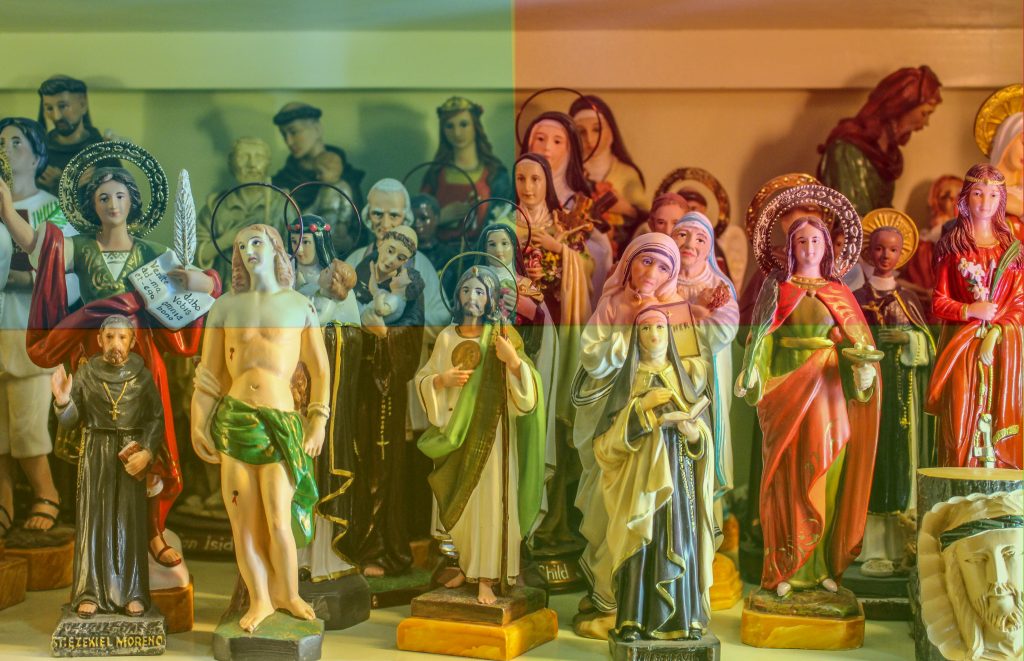Software developer Paul Graham recently posted a piece called “The Four Quadrants of Conformism.”
An individual’s conformist tendencies reveal themselves in childhood, says Graham, and he asks us to imagine a Cartesian grid.
“The kids in the upper left quadrant, the aggressively conventional-minded ones, are the tattletales. They believe not only that rules must be obeyed, but that those who disobey them must be punished.
“The kids in the lower left quadrant, the passively conventional-minded, are the sheep. They’re careful to obey the rules, but when other kids break them, their impulse is to worry that those kids will be punished, not to ensure that they will.
“The kids in the lower right quadrant, the passively independent-minded, are the dreamy ones. They don’t care much about rules and probably aren’t 100 percent sure what the rules even are.
“And the kids in the upper right quadrant, the aggressively independent-minded, are the naughty ones. When they see a rule, their first impulse is to question it. Merely being told what to do makes them inclined to do the opposite.”
In adulthood, he continues, the aggressively conventional-minded cry, “Crush <outgroup>!” The passively conventional-minded fear, “What will the neighbors think?” The passively independent-minded shrug, “To each his own.” And the call of the aggressively independent-minded is, “Eppur si muove” — “And yet, it moves” — Galileo’s dogged insistence, apropos of the earth, in the face of the Inquisition.
Graham’s thesis is that passively conventionally minded are the largest group and the aggressively independent-minded (among whom he clearly counts himself) are the smallest.
We would probably all like to count ourselves among the independent-minded. But how deeply have the purportedly independent-minded in our culture truly thought?
I’m with Graham completely in bemoaning the decline in the spirit of free inquiry within universities. On the other hand, he believes the independent-minded need to be protected because they have “all the new ideas,” and gives as an example the successful startup CEO.
It’s accepted without further exploration, in other words, that the goal for all four groups is the acquisition of power, property, and prestige. Thus, the aggressively independent in Graham’s scheme are really simply the smartest, most driven, most secure, with the most to gain — and the least to lose — from the attempt to bend the world to their will.
Where does the saint fit into such a scheme? In which of the four quadrants do you place, say, a virgin martyr, or Archbishop Oscar Romero?
The truly independently thinking individual has in fact recognized his profound limitations, weaknesses, and propensity for sin, and is therefore entirely dependent on Christ.
The independent thinker ponders the mystery of suffering, for example, and at some point realizes that every minute by rights, we should be lamenting before the doors of every prison, every refugee and forced labor camp, every abortion clinic, every execution chamber, every tree where a human being was lynched, the site of every Nazi gas chamber, every home where a woman was beaten, every sacristy where a child was abused, every convalescent home where the aged languish, forgotten and alone.
At some point, the independent thinker thus orders his life, inner and outer, in a way that acknowledges and addresses all of those evils. You order your prayer, actions, and habits to the promotion of peace, to some rough form of poverty, to some rudimentary willingness to forego security, power, property, and prestige. You’re chaste in the full Catholic sense of the word, in or out of marriage, because you support the human family literally with your own body. You constantly examine your conscience, constantly fall short, constantly pick yourself up and start over again.
Such an individual doesn’t ignore the world, or set himself against the world. Like Christ, such a person slips through the crowd unnoticed.
The truly independent thinker was thus aware of racial injustice, to cite a current cultural example, decades before the death of George Floyd.
The response to such a death is not therefore to set fire to a courthouse and call for the abolition of the police. The response is to ask oneself: What was I doing in solidarity with George Floyd before he was killed? What have I been doing all along to promote a responsible, competent, and compassionate police force?
Perhaps you’ve been helping those in recovery from addiction, praying that George Floyd, and perhaps the police officer, showed up before putting themselves and others in danger. Perhaps you’ve been raising a family, remaining faithful to your spouse while silently suffering through lustful temptations for your neighbor. Perhaps you’ve been in prison for protesting at a nuclear weapons site, silently praying for world peace.
St. Teresa Benedicta of the Cross, St. Maximilian Kolbe, and Father Alfred Delp, martyrs under the Nazi regime, were aggressively nonconformist only to the extent that a follower of Christ is aggressively nonconformist simply by virtue of the fact that he believes, and acts from that belief by obeying the laws of supernatural love. They couldn’t have cared less about, in any worldly sense, succeeding.
While the number of such people is far smaller than that of successful startup CEOs, their influence is of infinitely farther reach — and eternal.
“I urge you therefore, brothers, by the mercies of God, to offer your bodies as a living sacrifice, holy and pleasing to God, your spiritual worship. Do not conform yourselves to this age but be transformed by the renewal of your mind, that you may discern what is the will of God, what is good and pleasing and perfect” (Romans 12:1–2).
Or as Cardinal Emmanuel Célestin Suhard, archbishop of Paris from 1940 to 1949, observed: “To be a witness does not consist in engaging in propaganda or even in stirring people up, but in being a living mystery; it means to live in such a way that one’s life would not make sense if God did not exist.”

